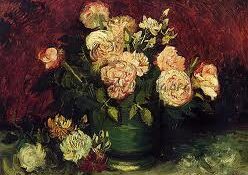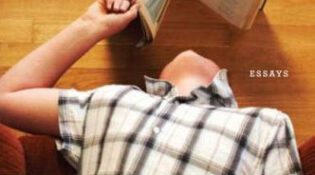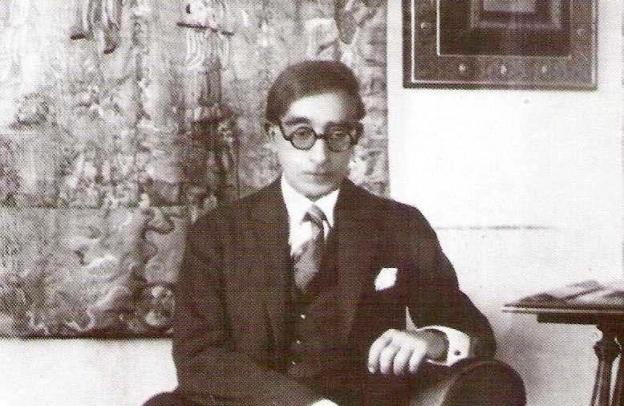The Transformation of Roses
It is tempting, as William H. Gass writes in Reading Rilke (Basic Books), to organize Rainer Maria Rilke’s life story around the several themes that obsessed and stalked him, particularly the image…
Ellipses and Trust: Stephen Burt’s Close Calls with Nonsense
In the preface to this collection of essays and reviews, Stephen Burt describes the “business of critics”: it is “not to assign stars, or to pick winners in poet vs….
The Closed Circuit Game: a Hippie Noir
The end ennobles every act. — Honoré de Balzac, “The Atheist” But wait, there’s more! — Ed Valenti Thomas Pynchon is too difficult. He is overly tortuous (and torturous). In…
Medium Heat: The Essays of Leonard Michaels
Wine enthusiasts and literary critics share a vocabulary on all too many occasions: scintillating, tasteful, nuanced, and so forth. From time to time, though, one comes across an author who…
Nostalgia on the Bookshelf
It is impossible to talk about books, nowadays; to talk about books without nostalgia creeping into the discourse; though perhaps, to speak the lingo, perhaps ‘twas always so. Whether the…
The Sensuous Archaism of C.P. Cavafy
W.H. Auden famously observed that Cavafy’s poetry seemed to survive translation remarkably well, and that it was marked by “a tone of voice, a personal speech immediately recognizable as a…
Writing by Degrees: the Program Era
Just as Hugh Kenner’s formidable 1973 classic The Pound Era traces innovations in literature between the world wars by following the literary juggernaut Ezra Pound, Mark McGurl takes the period after World…
London Flambé: Monica Ali in the Kitchen
One need only take a brief look at the TV Guide or the magazine aisle at the supermarket to know that we are a culture recently obsessed with kitchens, celebrity chefs, and…
To Wit’s End Postmodern Fiction?
I was sent Karen Joy Fowler’s new novel Wit’s End (published in Great Britain under the titleThe Case of the Imaginary Detective) by someone from Penguin, who had noticed from my own…



